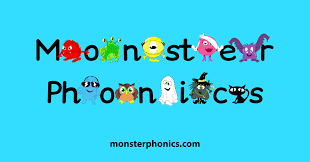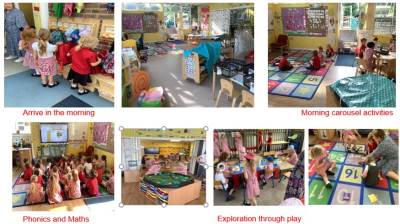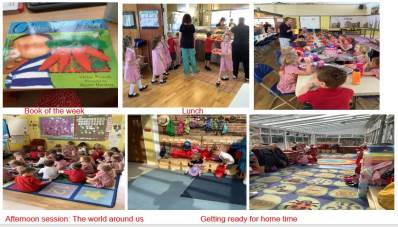Early Years Foundation Stage
We are learning. We are growing. We are Falkland.
Intent
Play is essential for a child's development and at Falkland Primary School we recognise and value how important this stage is.
The EYFS is based upon four principles:
- A unique child
- Positive relationships
- Enabling environments with teaching and support from adults
- Learning and development
We understand the crucial role that early years education has to play in providing firm foundations upon which the rest of a child’s education is successfully based. Therefore, we offer a rich and diverse play based curriculum using the world calendar of festivals that firstly builds on prior knowledge and secondly reflects our school values.
Our EYFS curriculum encourages children to be creative, curious learners, independent and interactive. It allows children to build confidence, to think critically about problems and explore solutions. We offer a stimulating environment that engages learners, provides exciting opportunities, promotes challenge and adventure, prepares the children fully for their transition into Year 1 and above all else develops a real love of learning.
Implementation
The Statutory EYFS Framework
There are three prime areas and four specific areas of learning.
The three prime areas of learning are:
- Communication and Language Development
- Personal, Social and Emotional Development
- Physical Development
The four specific areas of learning are:
- Literacy
- Maths
- Understanding the World
- Expressive Arts and Design
In addition, the ‘Characteristics of Effective Learning’ underpin learning and development across all areas and support the children to remain effective and motivated learners.
The three characteristics of effective teaching and learning are:
- Playing and exploring – children investigate and experience things, and ‘have a go’.
- Active learning – children concentrate and keep on trying if they encounter difficulties, and enjoy achievements.
- Creating and thinking critically – children have and develop their own ideas, make links between ideas, and develop strategies for doing things.
We focus on the Seven Key Features of Effective Practice to enable staff to deliver stimulating learning opportunities.
Seven Key features of effective practice
At Falkland we use the World calendar of Festivals and Events to enable children to have a wide range of experiences. This learning is also taught through the use of our Super Six books that the children explore every term.
Phonics provision is delivered through the DfE approved Monster Phonics Scheme where children engage with a range of learning styles. 
Maths is delivered using NCETM materials for fluency and the White Rose Maths scheme for small steps in learning.
A day in EYFS
A day in EYFS
Impact
Baseline data is collected in the Autumn term and then in the summer term the Early Learning Goals in the EYS profile are used to make judgments about the children's outcomes using the terms emerging and expected. These judgements are based on observations, evidence in books and discussions with all staff involved with the child. In the setting children's strengths and next steps in learning are discussed within the team and provision adapted accordingly. We also measure success in the Early Years if the children leave in July Year 1 ready.






